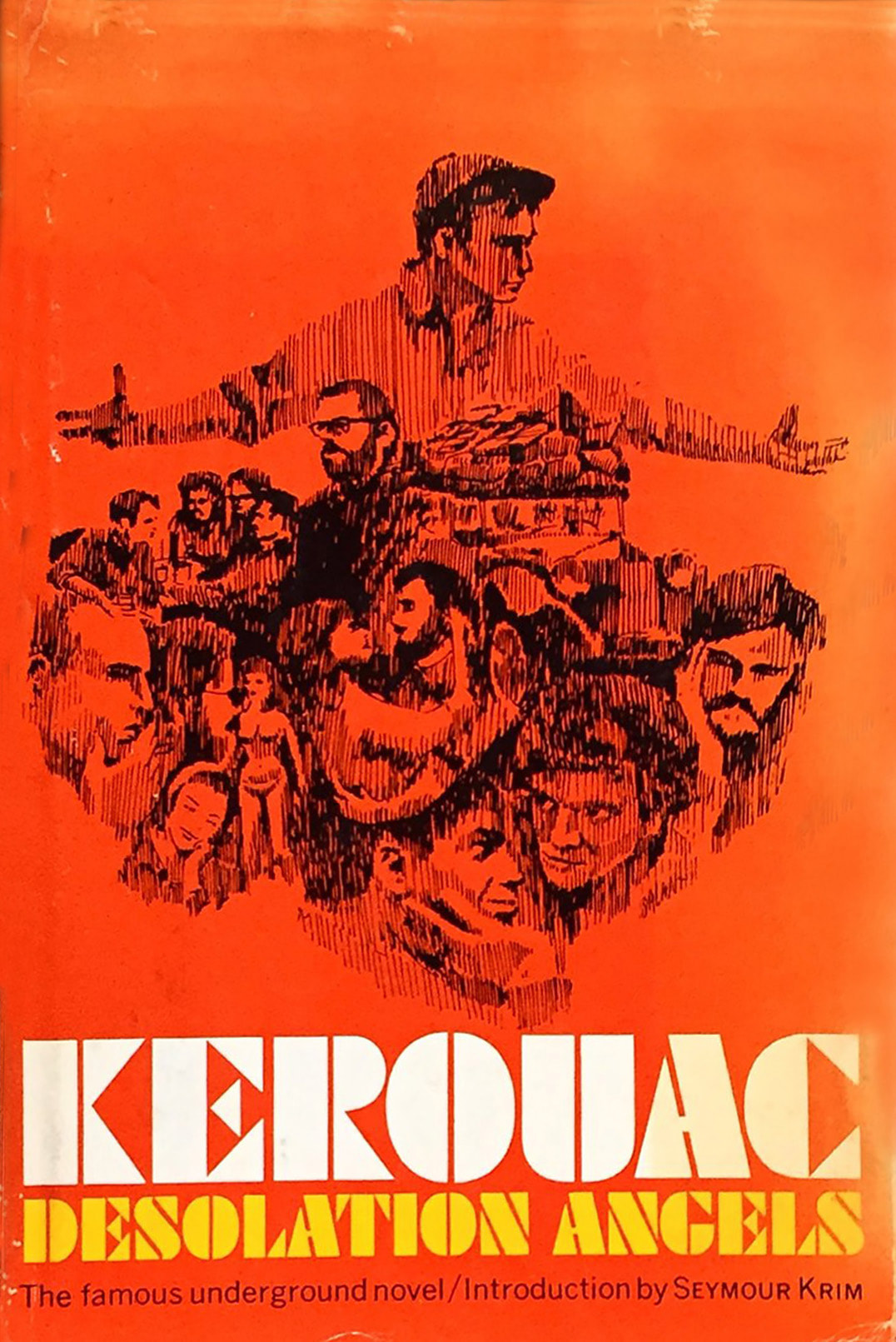
"Each book by Kerouac is unique, a telepathic discord. defines the sensibilites of members of his own subgeneration: we knew them as wearing such guises as the Beat Generation, the Subterraneans, the Dharma Bums now we see them as Desolation Angels, sadly pursuing their empty futilities." He was also a force, a tragedy, a triumph, and an ongoing influence, and that influence is still with us." "Kerouac was a breath of fresh air when he came on the literary scene. "One of the most true, comic, and grizzly journeys in American literature."

This process is experimental and the keywords may be updated as the learning algorithm improves."If the Pulitzer Prize were given for the book that is most representative of American life, I would nominate Desolation Angels." These keywords were added by machine and not by the authors. No Kerouac text directly explains this transition, but Desolation Angels (1956/61, 1965) a personal confession integrated with the adventure tale and travelogue, reveals some of the contours of this transition as Kerouac moved from Buddhism to a reaffirmation of Christ. By 1967, when he did his Paris Review interview, just two years before his death, he spoke as though he had collapsed into the person of Jesus all forms of religious iconography with which he had dealt. Visions of the cross that climax the narrative, leading him to declare, “I’m with you, Jesus, for always, thank you” (169), are a far cry from the bodhi tree and the individualistic wisdom of compassion taught in the Diamond and Langatavara sutras.

As Big Sur portrays, he retained some of the terminology of his Buddhist practices but was turning decidedly to Christianity in his orientation toward self, the world, and the transcendent.

His long-sought fame had brought him little solace, and maintaining a Buddhist posture was becoming more difficult. Struggling to find definitive answers to his questions regarding ontology, spirituality, and art, Kerouac published Big Sur in 1961.


 0 kommentar(er)
0 kommentar(er)
